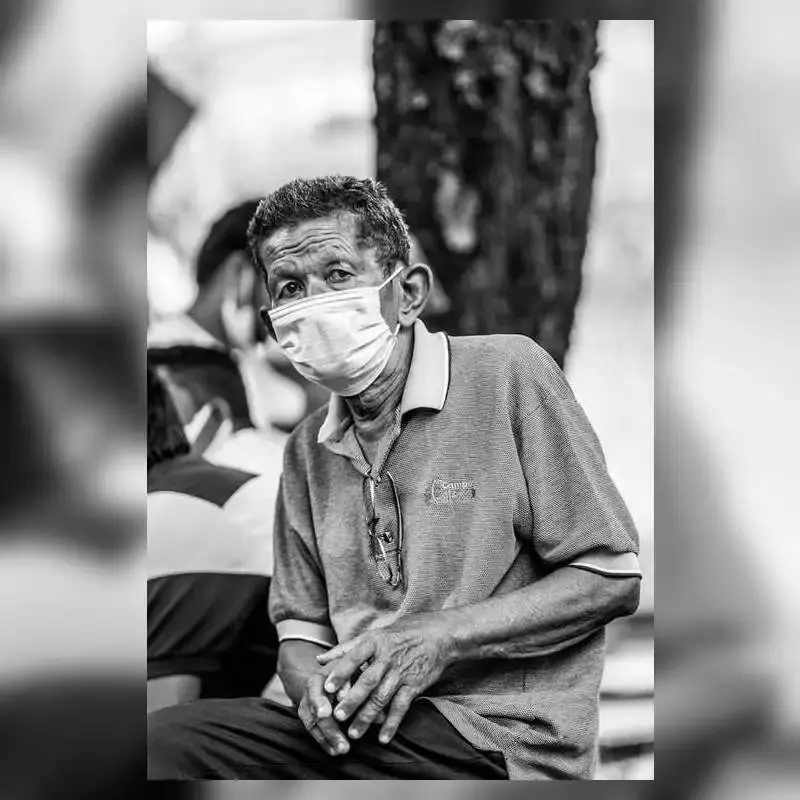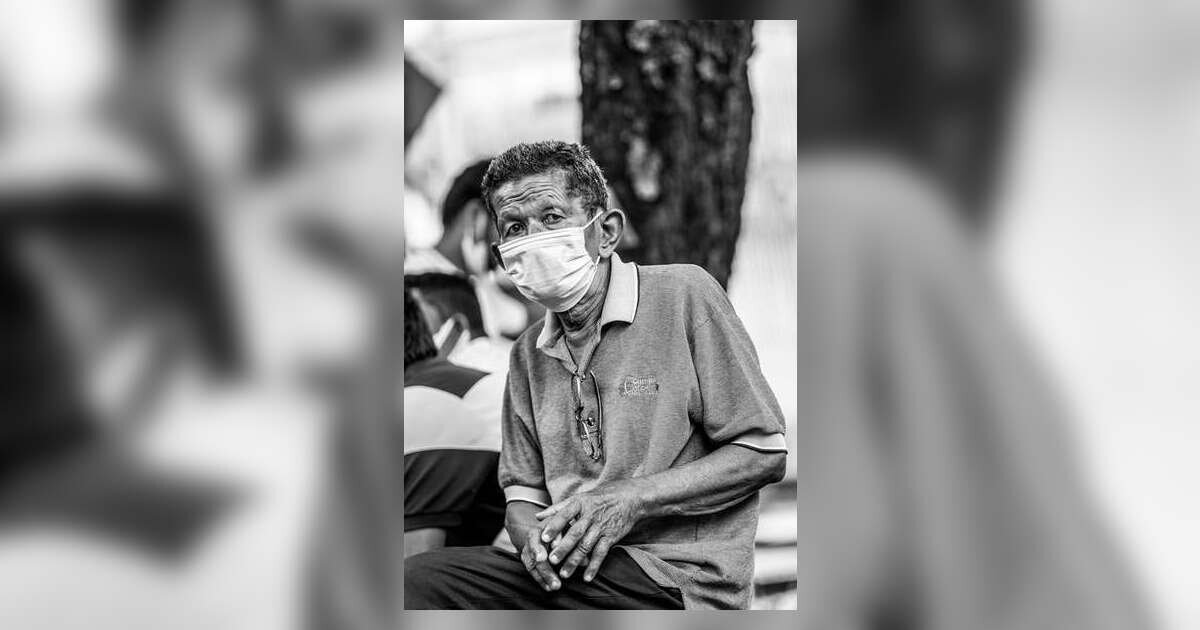Understanding Parkinson’s Disease in Kenya: Signs, Support & Hope
- by Diana Ndanu
- 12 April, 2025
- 0 Comments
- 8 Mins
No processed graphic yet.


Introduction
What is Parkinson’s Disease?
An Easy-to-Understand Guide for Kenyan Readers
Parkinson’s disease is a long-term (chronic) and progressive disorder of the nervous system that mainly affects movement. It happens when certain nerve cells (neurons) in the brain—especially those that produce a chemical called dopamine—get damaged or die. Without enough dopamine, the brain can’t properly control body movements, leading to symptoms like shaking, stiffness, and difficulty with balance or walking.
Why Is It Called “Parkinson’s”?
The disease is named after Dr. James Parkinson, a British doctor who first described it in 1817 in his essay “An Essay on the Shaking Palsy.”
How Does Parkinson’s Disease Start?
Parkinson’s doesn’t appear overnight. It usually develops slowly, and early signs can be so mild that people often ignore them. Some of the early warning signs include:
- Slight tremors (shaking) in your hands or fingers
- Slower body movements
- Stiffness in the arms or legs
- Trouble with balance
- Changes in handwriting or facial expressions
- In some cases, loss of smell, constipation, or sleep disturbances may happen years before movement symptoms appear.
Who Gets Parkinson’s?
- Age is a major factor – it mostly affects people over 60, but it can also occur earlier (called young-onset Parkinson’s).
- Men are slightly more likely to get it than women.
- Genetics and environment may play a role – though it's not always inherited.
- In Kenya and other African countries, Parkinson’s is often underdiagnosed due to lack of awareness, stigma, and limited access to neurologists or diagnostic tools.
Is Parkinson’s Curable?
Currently, there is no cure for Parkinson’s disease. However, there are treatments that can help manage the symptoms, such as:
- Medication – like Levodopa, which helps increase dopamine levels
- Physical therapy – to improve balance and flexibility
- Speech therapy – for communication issues
- Surgery – in advanced cases (like deep brain stimulation)
- Early diagnosis and proper management can greatly improve quality of life.
Key Takeaway:
Parkinson’s disease is more than just a tremor. It affects movement, mental health, and daily life. With the right support, awareness, and treatment, people living with Parkinson’s can still lead meaningful lives
Common Symptoms of Parkinson’s Disease
Parkinson’s symptoms can vary from one person to another. But they generally fall into two categories: motor symptoms (related to movement) and non-motor symptoms (not related to movement).
1. Motor Symptoms (The Ones You Can See):
- Tremor (Shaking) – Especially in hands, arms, or legs. Often starts on one side.
- Bradykinesia (Slowness of Movement) – Simple things like walking or buttoning a shirt take longer.
- Muscle Rigidity (Stiffness) – Muscles feel tight, and movement becomes painful.
- Postural Instability – Difficulty balancing. Risk of falling increases.
2. Non-Motor Symptoms (Often Ignored or Misdiagnosed):
- Depression or anxiety – Many people feel low or worried before or after diagnosis.
- Memory problems – Forgetfulness or trouble concentrating.
- Sleep disorders – Trouble falling or staying asleep, vivid dreams.
- Constipation – A common but overlooked sign.
- Loss of smell – Happens years before other symptoms.
- Fatigue – Extreme tiredness even after rest.
How is Parkinson’s Diagnosed in Kenya?
Diagnosis is mainly clinical, which means a neurologist looks at symptoms and medical history. Unfortunately, in many parts of Kenya, access to specialists like neurologists is limited, especially in rural areas.
There’s no single test (like a blood test) to confirm Parkinson’s. Doctors often run tests to rule out other diseases. This is why awareness is key—the earlier someone sees a doctor, the better their treatment plan.
Stages of Parkinson’s Disease
Parkinson’s is progressive, which means symptoms get worse over time. It’s usually divided into 5 stages:
1. Stage One – Mild symptoms, often on one side of the body.
2. Stage Two – Symptoms on both sides; minor walking issues.
3. Stage Three – Noticeable balance problems; still independent.
4. Stage Four – Daily tasks become difficult; may need help.
5. Stage Five – Severe disability; often wheelchair-bound or bedridden.
Can You Live a Normal Life with Parkinson’s?
Yes – especially if diagnosed early and supported properly.
Many people in Kenya live fulfilling lives with Parkinson’s through:
- Proper medication
- Community and family support
- Physical therapy and light exercise
- Nutrition and mental health support
- The most important thing is to avoid isolation, stay active, and seek regular medical care.Absolutely! Let’s expand on the Caregiver Tips, Mental Health Support, and the Importance of Self-Care—especially in the Kenyan context where family support plays a central role.
Caring for a Loved One with Parkinson’s in Kenya: What Families Need to Know
In many Kenyan homes, family members take on the role of caregiver when a loved one is diagnosed with Parkinson’s disease. It’s a noble, loving act—but it can also be overwhelming. That’s why caregivers must also be supported emotionally, mentally, and physically.
Let’s break it down:
1. Caregiving Tips for Families of Parkinson’s Patients
Here are practical, culturally relevant tips for caregivers in Kenya and similar African settings:
A. Educate Yourself
- Understanding Parkinson’s helps reduce fear and frustration.
- Read about symptoms, progression, and treatment options.
- Attend hospital health talks or community forums.
- Speak to the patient’s doctor and ask questions.
Tip: Organizations like the Parkinson’s Disease Support Organization of Kenya offer resources.
B. Be Patient with the Process
Parkinson’s affects both the body and brain. Some days will be harder than others.
- Don’t rush your loved one to do things faster.
- Expect repetition—especially with speech or memory loss.
- Practice kindness even when you're exhausted.
C. Create a Safe Home Environment
Help prevent falls and confusion by:
- Removing slippery rugs or cluttered walkways.
- Adding grab bars in bathrooms.
- Placing items within easy reach to avoid bending or stretching.
D. Establish a Routine
- A consistent daily routine helps reduce confusion and anxiety for the patient.
- Set fixed times for meals, medications, and rest.
- Incorporate light exercise like walking or stretching.
2. Mental Health Support for Caregivers
It’s easy to forget that caregivers are also deeply affected by Parkinson’s.
A. Emotional Burnout is Real
Caregivers may feel:
- Guilt for not doing enough.
- Anger when the patient refuses help.
- Sadness when watching their loved one decline.
- Loneliness, especially if others don’t step in to help.
B. Signs You May Need Support:
- Constant fatigue or irritability
- Trouble sleeping
- Withdrawing from others
- Feeling hopeless
If this sounds familiar, you’re not alone—and it’s okay to ask for help.
3. How Families Can Help the Caregiver
Caregiving should never fall on one person alone. Here’s how other family members or friends can pitch in:
A. Share the Load
- Assign roles: who does the shopping, who accompanies doctor visits, who checks on medications.
- Rotate caregiving duties among siblings or relatives if possible.
B. Offer Respite (Break Time)
- Volunteer to watch the patient for a weekend so the caregiver can rest.
- If you live far away, send mobile money (M-Pesa) to hire temporary help.
C. Emotional Support
- Check in with the caregiver: “How are YOU doing?”
- Don’t judge their choices or compare them to others.
- Celebrate their efforts with appreciation.
4. Importance of Self-Care for Caregivers
You can’t pour from an empty cup. Caregivers need to prioritize themselves too, even in small ways.
A. Make Time for Yourself
- Take walks, listen to music, or read—even for 15 minutes a day.
- Spend time with friends, attend church, or join a chamaa (support group).
B. Eat Well and Rest
- Caregivers often forget meals or sleep poorly.
- Prepare simple, healthy foods in bulk (e.g., uji, ndengu, rice, veggies).
- Rest when the patient rests—don’t always use the time to “catch up.”
C. Seek Counseling or Join Support Groups
- Talking to a counselor, pastor, or trained peer can help lighten the burden.
- Consider caregiver support WhatsApp groups or online forums.
5. You Are Not Alone – Build a Village of Support
In African culture, “It takes a village” isn’t just a saying—it’s a survival strategy. Parkinson’s care is more manageable when we work together.
Support can come from:
- Churches and mosques
- Local NGOs or clinics
- Family and neighbors
- Online or in-person support groups
- Encourage open conversations. Let people understand that Parkinson’s is not a curse—it’s a medical condition. That way, they’ll be more willing to help.
Final Word to Caregivers: You Matter Too
You are doing sacred work, even when it’s unseen or unappreciated. But don’t lose yourself in the process. Your health and well-being are just as important.
So:
- Breathe.
- Ask for help.
- Take care of you.
Because a well-supported caregiver is the strongest pillar for someone living with Parkinson’s.
How Can You Help During Parkinson’s Awareness Month?
- Educate others – Share what you’ve learned.
- Attend or organize events – walks, health talks, church discussions.
- Support a family affected by Parkinson’s.
- Share info on social media using hashtags like
- #ParkinsonsAwarenessKE | #ParkinsonsMonth | #AfyaYaUbongo
Got Your Own Experience? Share with us
Popular Categories
Most Visited Blogs
Daily Newsletter
Get all the top stories from Blogs to keep track.



